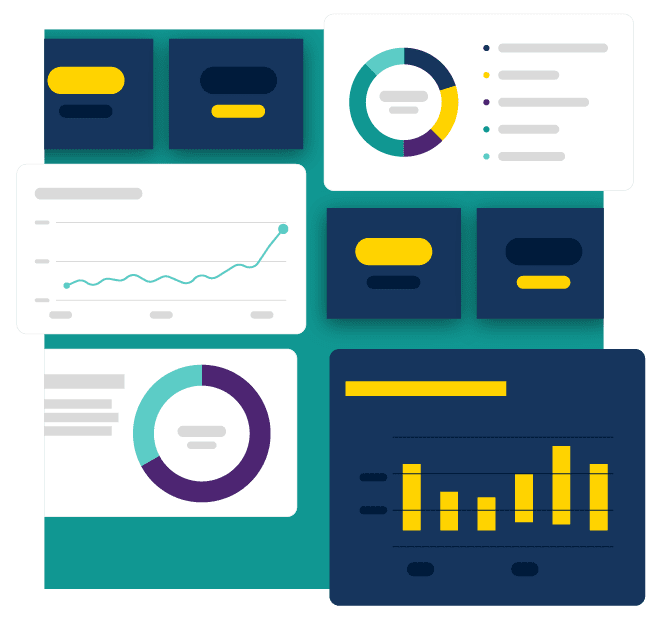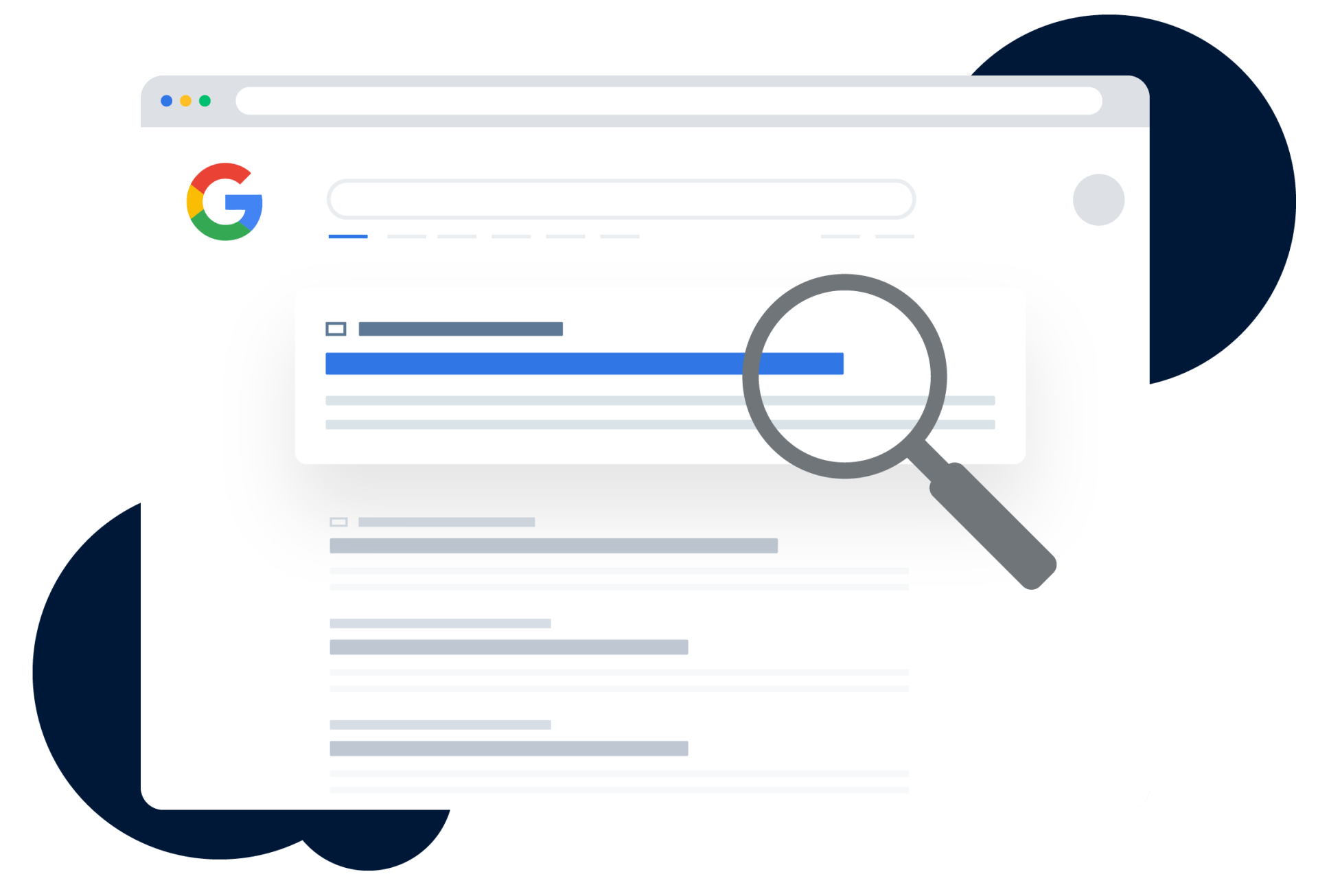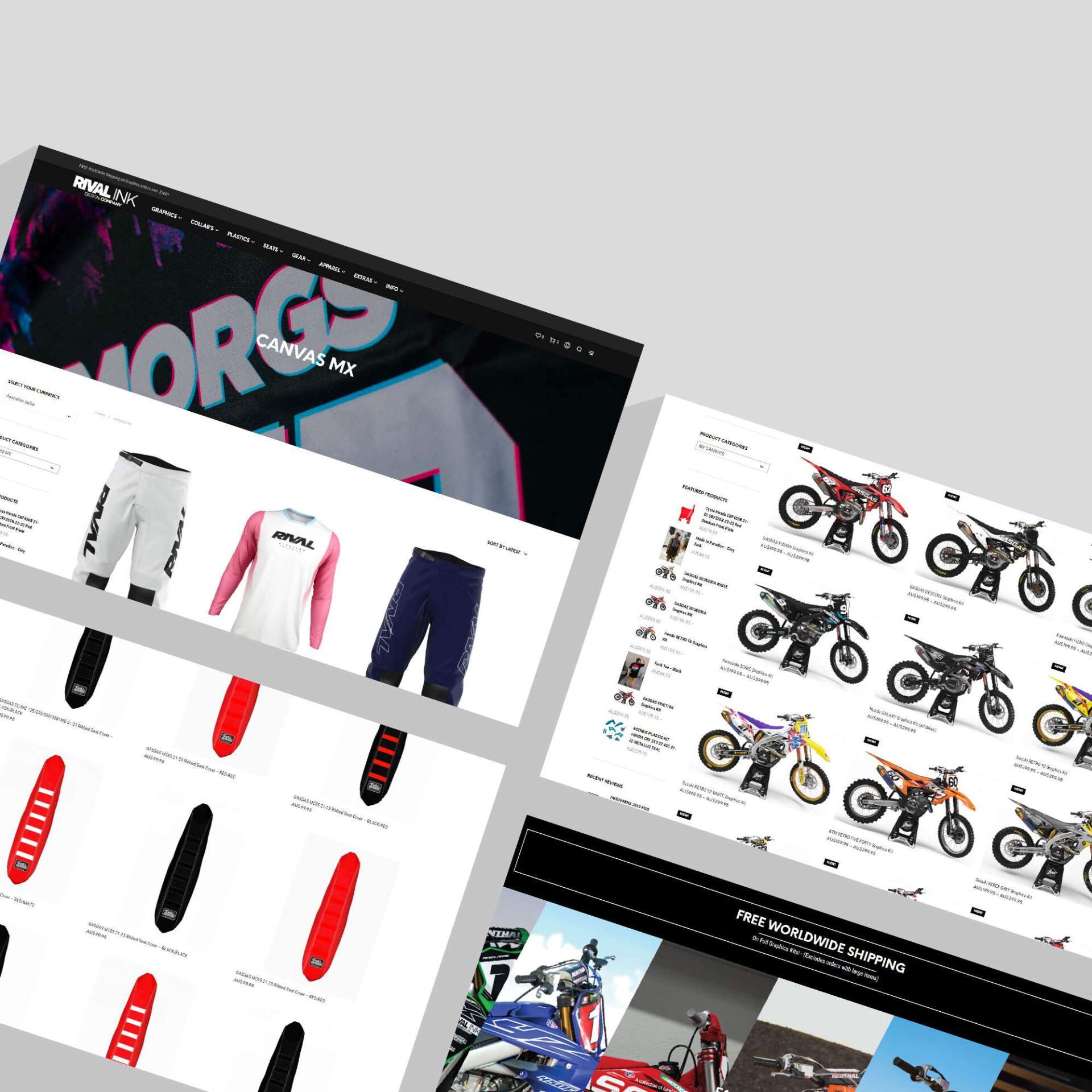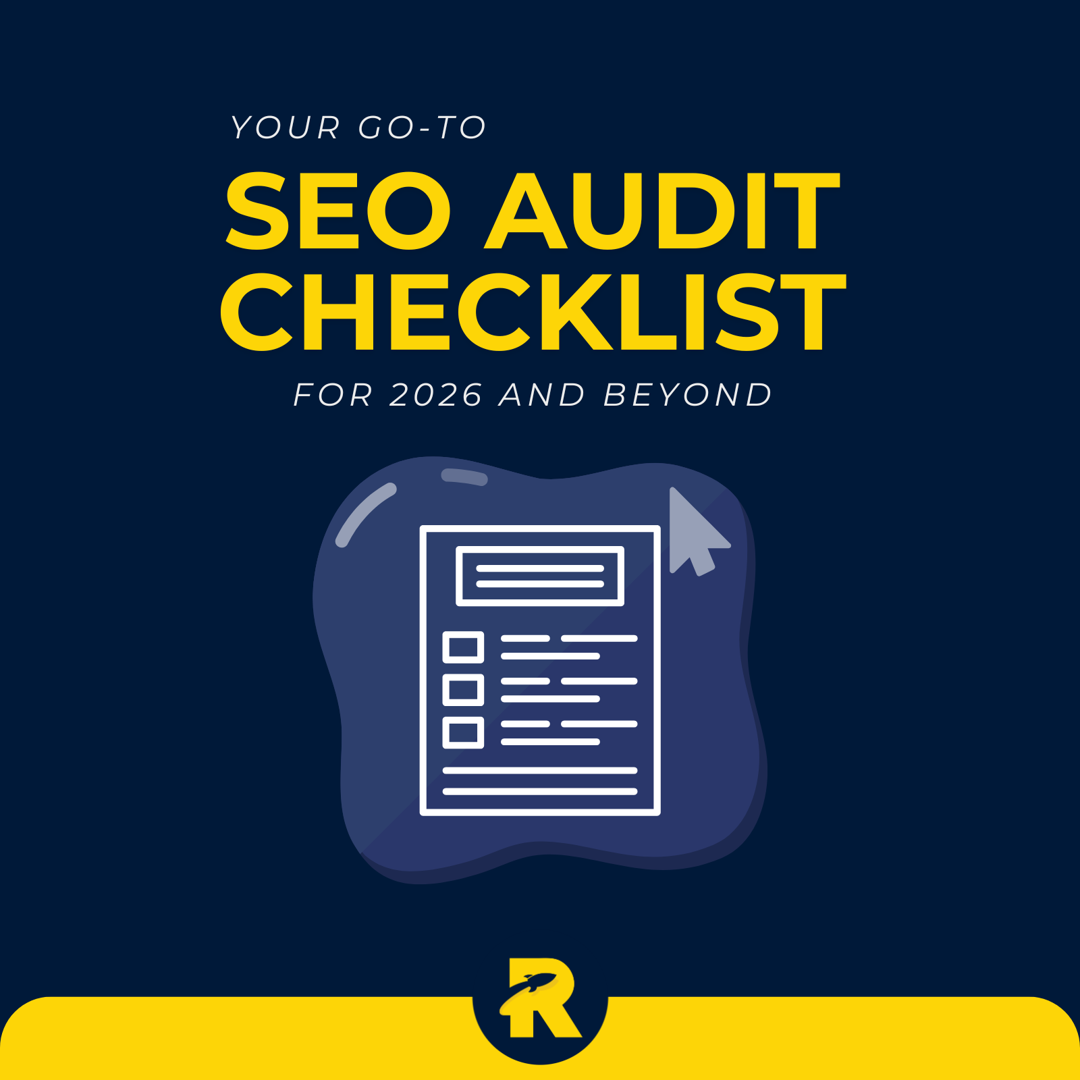Examining Microsoft’s Claim We Are Moving Towards an Experience-Based Market
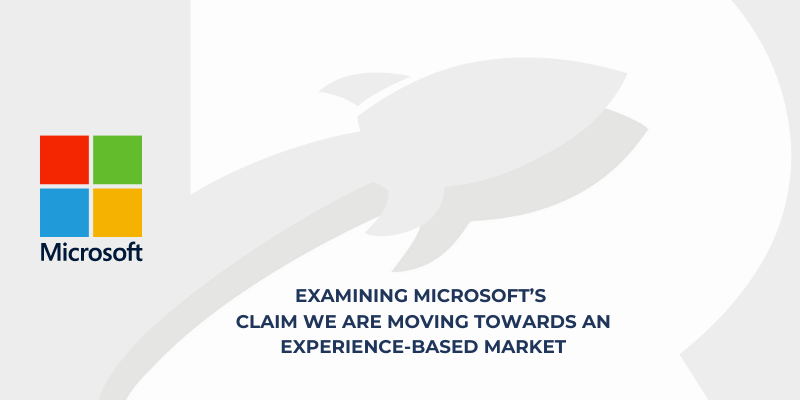
In a recent Microsoft Insight article, they noted that the way we spend money online is changing. This change is seeing the market changing, with the peak area of growth being the “experience-based market”. We looked at the evidence regarding these claims and whether or not your business should be adapting to an experience-based market.
What is an experience-based market?
An experience-based market is inhibited by various experiences that are separate from what people would do in their day to day life. Events like music festivals, wine tastings and day breaks come under this umbrella. Unlike many other marketing trends since 2020, the Covid-19 pandemic is not believed to be one of the catalysts for this change. Whilst travel restrictions and lockdowns have given a new appreciation for this market and the experiences it offers, this is not a new trend. In fact, this trend was present in pre-pandemic times, with Microsoft finding that the market has returned to the
high it experienced in 2019.
Who or what is leading this experience-based trend ?
When looking at what is leading this trend, it is important to look at what is being searched on Microsoft’s search engines in the experience category. In their research, Microsoft found that searches for
beaches, spas and culinary trips had all been trending in 2022. Particular high points highlighted include; a 45% increase in tour operator searches since 2019 and a 14% increase in tourist attraction searches since 2019. This searching has not been idle, with click-through rates also increasing on Microsoft’s search engines. This click-through rate has seen an 86% YoY (year-over-year) growth rate for searches related to events, shows and cultural attractions. Microsoft argues a big factor in this trend is the increased searches of millennials. They quote a source stating that over 65% of that demographic have moved towards saving money for travel related expenses and moved away from saving for material possessions. This is considered big as it moves millennials further away from past spending habits and puts them more in line with the younger generations' priorities. Let's examine that information and see whether this is a fair assumption.
What information is being provided to support this?
The information Microsoft provides for these assumptions comes from a pre-pandemic study by Luxury Travel Advisor.
It took a survey of 1000 Americans and was published in May 2018. This makes the information only good for highlighting past performance and, as such, allows us to draw no conclusions on the actual age ranges causing this rise. Rather, we only have the up to date Microsoft knowledge saying there is a rise in these searches. One of the reasons that Microsoft may not have relied on its own data for these conclusions is the size of its own platforms. Microsoft inhabits a third of the desktop search engine market and has an older audience compared to their competitors, Google. This is especially noteworthy because three quarters of their users are over 35. This could suggest bias on the behalf of Microsoft, who want to suggest they are the best place to market to the audience of millennials. The rest of the data provided regarding the increase in searches is, however, all from the past year which means we can conclude that this shift is present in other sources of data. With other information available from other search engines and sources, we decided to see if there is any corroboration for this data on other search engines.
How does this compare to other search engines?
Microsoft’s biggest search engine competitor is Google, who have a notably larger share of the current market. As such, it would be amiss to not compare the data between the two and see if Microsoft’s claim of a move to an experience-based market is valid. Firstly regarding the millennial boost, Google has highlighted a
70% increase in searches for ‘things to do with kids nearby’ pointing towards that age group. However, there is not enough information to prove that this age group is responsible for any trends. Furthermore, with
data privacy policy changes, information like this will get harder to attribute to a particular age group. Using Google’s destination insights and looking at a date range from 2020 to 2022, the
current demand for travel has grown by 77%. Worldwide the search for “experience” also has a high popularity, currently sitting at 94 in popularity of searches, just below its peak of
100 in February to March 2021. Overall, Google has noted a consistent growth in certain trends regarding lifestyle, but these are not limited to experiences. Cryptocurrency, investment opportunities and home improvement have all seen growth more exponential than that of experiences. In turn, this shows that whilst on Google experiences and related topics continue to hold high priority, the assumption of an experience-lead market can not be fully corroborated across this platform.
What a company should do with this information?
If anything is highlighted by this data, it's that companies should look at their digital presence and evaluate their priorities.
81% of Australian adults under 55 are using the internet to buy services, showing the continued dominance of the platform. Shopping is now digital first and companies should be putting their energy into shifting towards a digital first approach, whether that be through improving the SEO score of their websites or utilising ad campaigns.
If you are looking to start search engine advertising but don’t know where to start, contact RankingCo today. We are Australia’s most trusted digital marketing agency, working with small to medium sized businesses to increase their online presence. If you are interested in getting ranking and increasing your sales, get in touch with our friendly team on
1300 247 045 or email us at
contact@rankingco.com.
